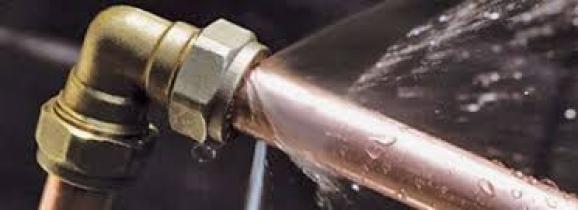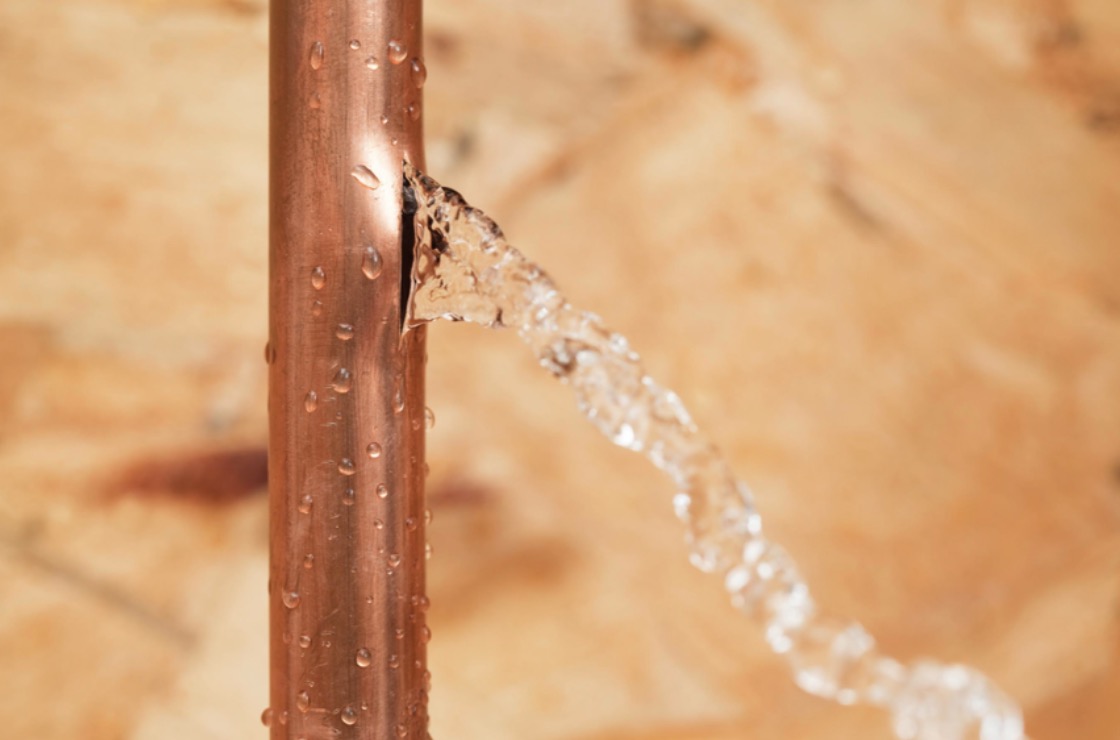Familiarize Yourself With the Six Most Causes For Water Seepage in Your House
Familiarize Yourself With the Six Most Causes For Water Seepage in Your House
Blog Article
This post down below involving How to detect water leaks in your home is absolutely compelling. Don't miss out on it.

Leaks not only trigger waste of water but can likewise cause unneeded damages to your residence as well as promote undesirable natural growth. Water leakages could go unnoticed because most of the pipework in our home is concealed. By understanding and also looking for day-to-day scenarios that create leaks, you can protect your house from future leakages as well as unnecessary damages. Today, we will certainly check out 6 leak creates that may be creating your pipelines to trickle.
Intruding roots
A lot of water leakages start outside your house rather than inside it. If you notice an abrupt decrease in water stress, state in your faucet, take time to head out as well as analyze your lawn. You might observe wet spots or sinkholes in your yard, which could suggest that tree roots are invading water lines creating water to leak out. You can have your plumber look for invasion, particularly if you have trees or shrubs near your building.
Corroded water systems
As time goes by, your plumbing system ages and deterioration such as corrosion may begin gnawing the pipes. This could be the root cause of staining or warping on your pipes. This asks for an assessment with your plumber quickly. Consider replacing the pipelines because they are at a greater risk of corrosion than the more recent versions if our plumbing system is old.
Defective Pipe Joints
The point at which your pipelines attach is regularly the weakest link in the waterline. Pipeline joints can weaken in time, leading to water leakages. The bulk of pipe joints are not quickly visible. If you have loud pipelines that make ticking or banging sounds, especially when the warm water is turned on, your pipe joints are probably under a lot of pressure. It is advisable to have your plumber examine your system once a year.
Instantaneous temperature modifications.
Severe temperature changes in our pipes can trigger them to broaden and get suddenly. This expansion and also tightening may cause splits in the pipes, especially if the temperature level are below cold.
Poor Water Connectors
At times, a leak can be caused by loose pipes as well as pipes that supply your home appliances. In case of a water links leakage, you might see water running directly from the supply line or pools around your appliances.
Blocked Drains
Obstructed drains could be irritating and also inconveniencing, however they can occasionally end up triggering an overflow leading to burst pipes. Maintain eliminating any type of materials that might decrease your drains pipes that might clog them to prevent such aggravations.
All the above are root causes of leakages however not all water leaks arise from plumbing leaks; some leakages could come from roof leakages. All leaks must be fixed instantly to prevent water damages.
Leakages not only create waste of water but can likewise trigger unneeded damages to your home as well as advertise undesirable organic growth. By comprehending as well as looking for everyday situations that trigger leakages, you can secure your residence from future leakages as well as unnecessary damage. Today, we will certainly look at 6 leakage causes that may be causing your pipes to drip.
At times, a leak can be triggered by loose hoses and pipes that supply your devices. In instance of a water connections leak, you may notice water running directly from the supply line or puddles around your appliances.
How To Check For Water Leak In Your Home
How To Check for Leaks
The average household's leaks can account for nearly 10,000 gallons of water wasted every year and ten percent of homes have leaks that waste 90 gallons or more per day. Common types of leaks found in the home are worn toilet flappers, dripping faucets, and other leaking valves. These types of leaks are often easy to fix, requiring only a few tools and hardware that can pay for themselves in water savings. Fixing easily corrected household water leaks can save homeowners about 10 percent on their water bills.
To check for leaks in your home, you first need to determine whether you're wasting water and then identify the source of the leak. Here are some tips for finding leaks:
Take a look at your water usage during a colder month, such as January or February. If a family of four exceeds 12,000 gallons per month, there are serious leaks.
Check your water meter before and after a two-hour period when no water is being used. If the meter changes at all, you probably have a leak.
Identify toilet leaks by placing a drop of food coloring in the toilet tank. If any color shows up in the bowl after 10 minutes, you have a leak. (Be sure to flush immediately after the experiment to avoid staining the tank.)
Examine faucet gaskets and pipe fittings for any water on the outside of the pipe to check for surface leaks.
Undetected water leaks can happen without the home or business owner even realizing. If you suspect a water leak, but not able to find the source. It is time to contact a professional water leak detection service, The Leak Doctor.
How To Find a Water Leak In Your Home
https://www.leakdoctor.com/blog/How-To-Check-For-Water-Leak-In-Your-Home_AE197.html

Do you really like reading up on Common Water Leaks In House? Place a remark further down. We'd be interested to know your ideas about this post. We hope that you come back again in the near future. If you liked our article please don't forget to share it. Thank-you for taking the time to read it.
Get A Free Quote Report this page